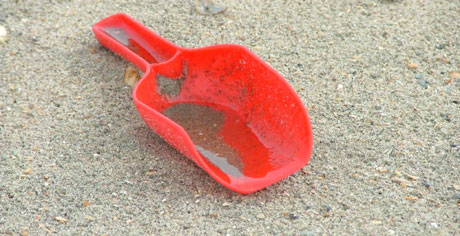


Somatic Psychology
'Somatology is the holistic science of human experience
and behaviour'
Thomas Hanna
"The term 'somatics' was first introduced into modern psychology
by Thomas Hanna. The greek word soma is defined as `the body experienced
from within´ and reflects the efforts of modern bodywork practitioners
and somatic movement therapists to move away from the dualistic splitting
of mind from body, towards a model of integrated fuctioning of the whole
person, psyche and soma.
Somatic psychology offers a bridge, an interface between psychotherapy
and somatic therapy; it addresses the psychological implications and meaning
of bodily expressions and symptoms"
(Hartley, 2004, p.11+13).
Linda Hartley, one of Bonnie Bainbridge Cohen’s first students developed Bonnie’s approach by enriching the BMCtm -school-material with selected methods from the emerging field of somatic psychology and the therapeutic application of Authentic Movement, thus creating the practice of "Integrative Bodywork and Movement Therapy".
Some of the ideas and approaches within this field
- Dreambodywork (based on the process oriented pshychology work of Arnold
& Amy Mindell)
Using this approach unintentional movements are perceived and amplified. We work with edges (the boundary between primary (intentional) and secondary (unintentional) processes) and channel changing. Channels in this context are modes of experience, neutral or empty vessels through which information manifests. The channels most commonly identified are the kinesthetic, visual, auditory, proprioceptive or relationship channels; - the development of the sense of self as developed by Daniel Stern;
- the influence of birth on the development of the will and personality patterns ;
- the relationship between emotional and neurological development;
- the body-mind-feeling connection and the field of psychoneuroimmunology;
- inner body dialogue – what kind of information speaks out of a bodily sensation or blockage?
Link
Literature
- Linda Hartley: Somatic Psychology, Body, Mind & Meaning. London 2004